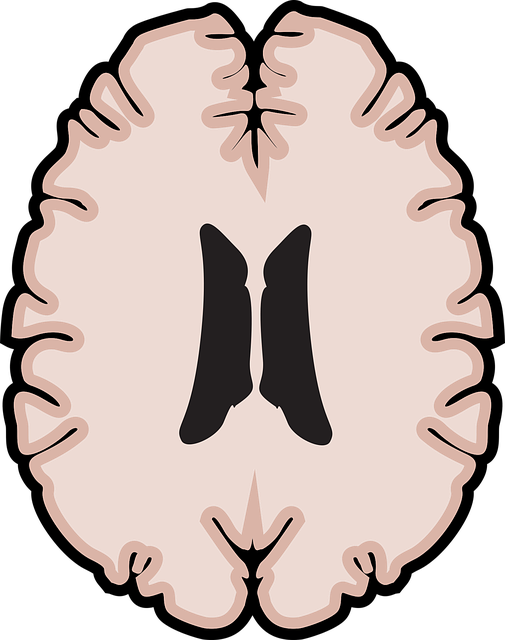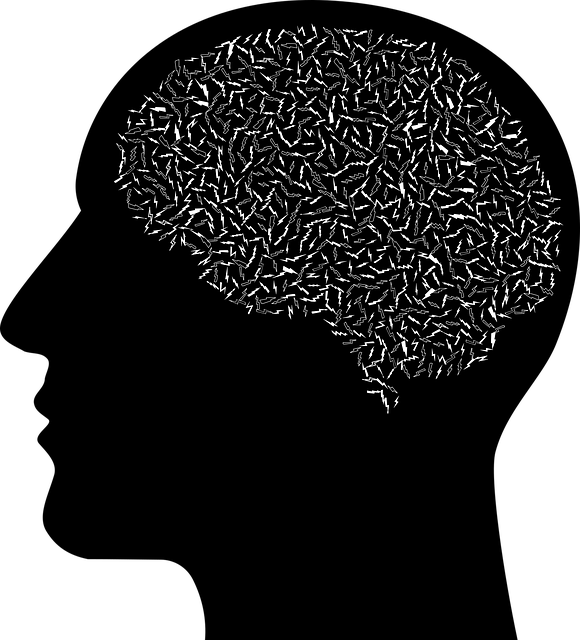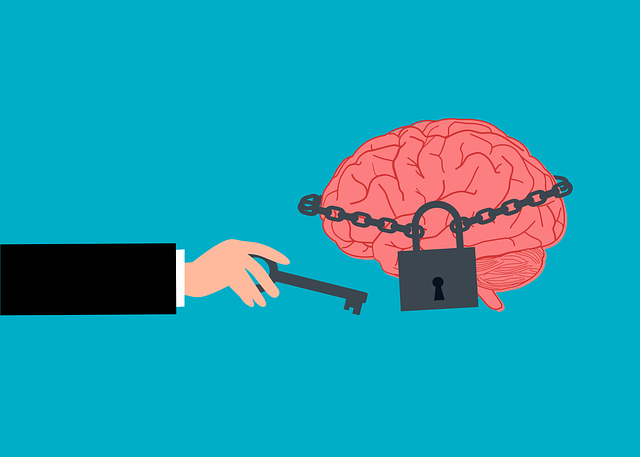Lone Tree Acceptance and Commitment Therapy (ACT) is a powerful framework for building resilience and enhancing mental wellness. By identifying risk factors, promoting self-awareness exercises, and encouraging values-driven actions, ACT helps individuals navigate life's challenges with greater emotional coping skills and confidence. This approach, particularly accessible through Community Outreach Programs, enables self-management of mental health, while providing professionals with deeper client insights for improved risk assessment. Measuring success through both qualitative and quantitative evaluations, ACT fosters lasting positive changes in mental health and well-being.
“Uncovering the power of resilience lies in understanding RFM—a framework revolutionizing mental health practices. This article explores how Lone Tree Acceptance and Commitment Therapy (ACT) integrates this model, offering unique exercises for building mental fortitude. We delve into practical implementations, from accepting solitude to committing to meaningful actions, fostering an unshakeable sense of self. Additionally, we scrutinize evaluation methods to measure the profound impact of ACT exercises on cultivating resilience in today’s challenging landscape.”
- Understanding RFM and Its Role in Resilience Building
- Implementing Exercises for Lone Tree Acceptance and Commitment Therapy (ACT)
- Measuring Success: Evaluating the Impact of ACT Exercises on Resilience
Understanding RFM and Its Role in Resilience Building

Resilience is a key component of overall mental wellness, enabling individuals to cope with life’s challenges and adapt to change. RFM, or Risk, Resilience, and Maladaptation, provides a framework for understanding an individual’s vulnerabilities and their capacity to bounce back from adversity. By identifying risk factors and maladaptive behaviors, such as those that might contribute to depression prevention, Lone Tree Acceptance and Commitment Therapy (ACT) offers powerful tools for building resilience.
ACT encourages self-awareness exercises and mental wellness coaching programs development, helping individuals recognize and accept negative thoughts and emotions without judgment. This process fosters a sense of personal agency and allows for the cultivation of values-driven actions that promote psychological flexibility. Through these practices, individuals can develop the skills needed to navigate life’s challenges more effectively, enhancing their overall resilience and well-being.
Implementing Exercises for Lone Tree Acceptance and Commitment Therapy (ACT)

Implementing self-awareness exercises based on Lone Tree Acceptance and Commitment Therapy (ACT) can be a powerful tool in mental health practices. ACT encourages individuals to accept their internal experiences, foster mindfulness, and commit to valued actions, all of which are essential aspects for building resilience. Through exercises that promote present-moment awareness and non-judgmental acceptance, mental health professionals can assist clients in navigating difficult emotions and thoughts more effectively.
This approach is particularly beneficial in the context of a Community Outreach Program Implementation, where access to therapy might be limited. Self-Awareness Exercises tailored for ACT can empower individuals to take charge of their mental well-being independently. By integrating these practices into treatment plans, risk assessment processes for mental health professionals can be enhanced, as they facilitate a deeper understanding of clients’ strengths and coping mechanisms.
Measuring Success: Evaluating the Impact of ACT Exercises on Resilience

Measuring success is a crucial aspect of implementing Lone Tree Acceptance and Commitment Therapy (ACT) exercises aimed at building resilience. The impact of these practices goes beyond immediate behavioral changes; it permeates into individuals’ overall well-being, mental fortitude, and ability to cope with challenges. By integrating self-care practices into daily routines, participants in ACT programs witness a significant confidence boosting effect. They learn to accept their emotions without judgment, fostering a deeper connection with themselves and enhancing their problem-solving skills.
Evaluation methods should capture both qualitative and quantitative data to assess the effectiveness of resilience-building exercises. Self-reported surveys can gauge improvements in emotional regulation and life satisfaction while behavioral observations provide insights into participants’ interactions within therapeutic settings. Tracking these individuals over time reveals lasting impacts on their mental health, underscoring the profound benefits of resilience building through ACT.
The implementation of Lone Tree Acceptance and Commitment Therapy (ACT) exercises, focused on building resilience through RFM (Recovery, Flexibility, and Mastery), offers a powerful approach to enhancing mental fortitude. By integrating these practices into daily life, individuals can develop a deeper sense of acceptance, increase their psychological flexibility, and cultivate a mastery over challenging situations. Measuring the success of these exercises reveals their impact on building resilience, enabling professionals to tailor interventions for optimal results. This evidence-based methodology empowers folks to navigate life’s twists and turns with enhanced adaptability and strength.














